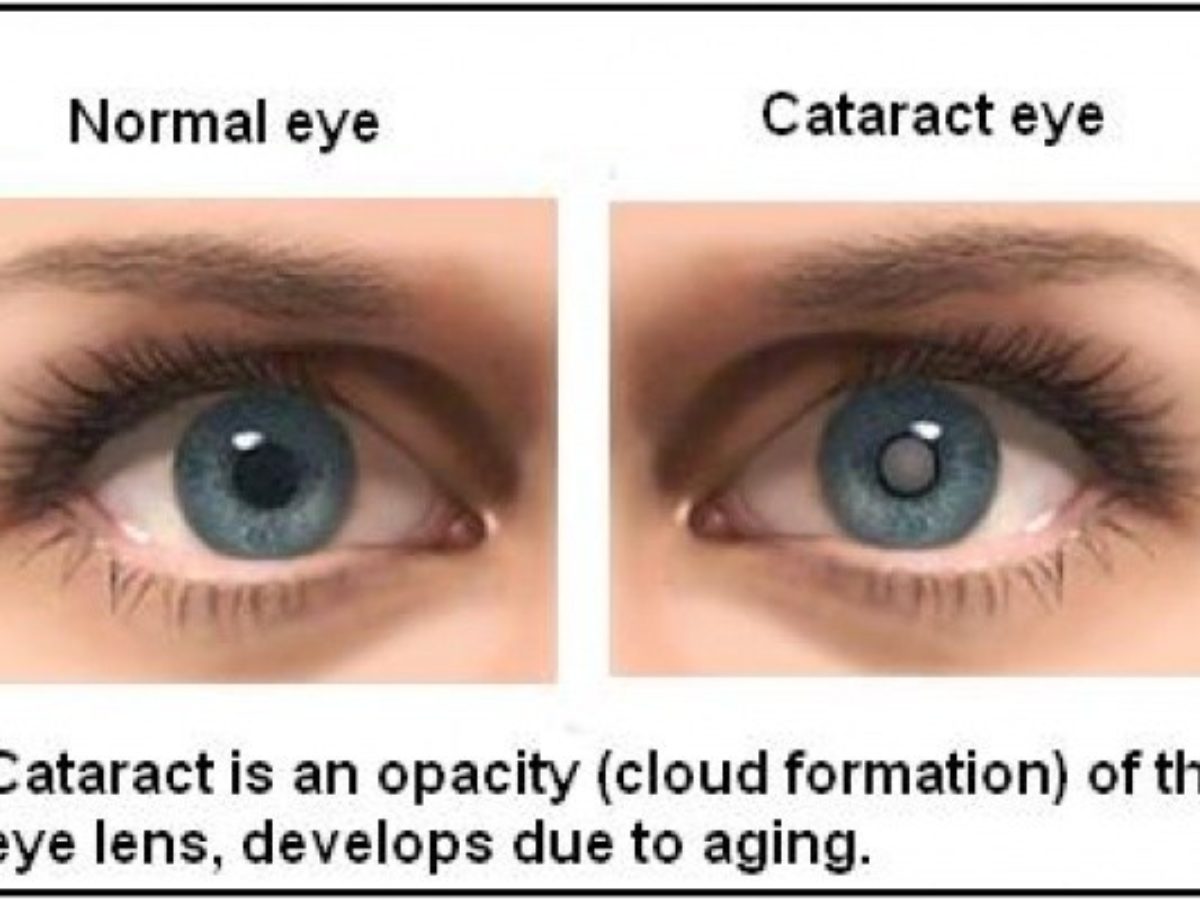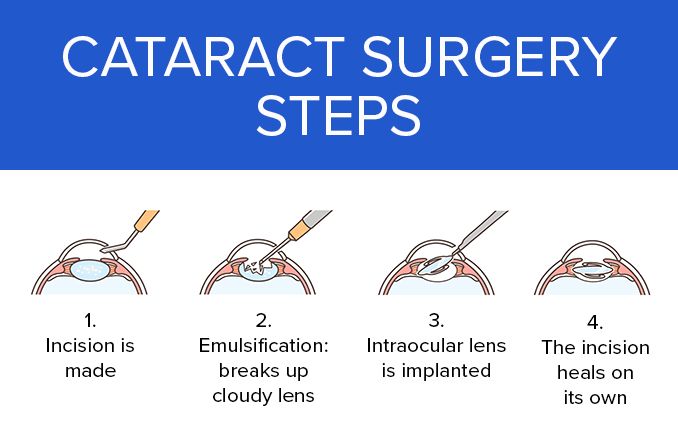Clarity Beyond Clouds: Demystifying Cataract Surgery
Introduction
Cataracts are like nature’s veils, gradually shrouding our vision with a cloudiness that can affect our daily lives. But there’s hope—cataract surgery. In this comprehensive guide, we’ll take you on a journey through the world of cataract surgery, breaking down the procedure, discussing the recovery time, and addressing a common concern: does Medicare cover cataract surgery?
Understanding Cataract Surgery

Cataracts: A Cloudy Affair
Cataracts are a common age-related eye condition that causes the eye’s natural lens to become cloudy, leading to blurred vision and reduced quality of life. The good news is that cataract surgery can restore your vision when cataracts have dimmed it.
The Cataract Surgery Procedure

Shedding Light on the Procedure
Cataract surgery is a remarkable medical procedure that involves removing the cloudy natural lens from the eye and replacing it with an artificial intraocular lens (IOL). To gain a deeper comprehension of the procedure, let’s dissect it meticulously, one step at a time:
Anesthesia
Before surgery, you’ll receive local anesthesia in the form of eye drops or an injection. This guarantees that you won’t experience any discomfort throughout the process.
Incision
The surgeon makes a small incision in your eye, usually less than 3mm in size. This incision allows access to the cloudy lens.
Lens Removal
Through the incision, the cloudy natural lens is broken up and removed using ultrasound technology in a process called phacoemulsification.
IOL Placement
Once the cataract is removed, the surgeon inserts the IOL in the same spot, where it unfolds to replace the natural lens.
Closure
The incision is self-sealing and typically doesn’t require stitches. The entire procedure often takes less than 30 minutes, and you’ll be awake throughout, but your eye will be numbed to prevent discomfort.
read more about The Rise of Myopia: Understanding and Addressing the Global Epidemic
Cataract Surgery Recovery Time
The Road to Clear Vision

Now, let’s address one of the most common questions about cataract surgery: “What is the recovery time?”
The good news is that recovery after cataract surgery is generally swift and relatively painless. The majority of patients notice enhanced vision within a matter of days. Here’s a breakdown of the usual recovery schedule:
Immediate Post-Op
You’ll spend a short time in the recovery area to ensure there are no immediate complications. You may experience some blurriness or haziness right after the procedure, but this is normal.
The First Few Days
Some discomfort, mild itching, or a gritty feeling in the eye is normal during the initial days. Your surgeon may prescribe eye drops to prevent infection and reduce inflammation. It’s important to follow the post-operative care instructions diligently.
First Week
Within the first week, your vision should start improving noticeably. Most patients can return to their usual activities, such as reading or watching TV, within a day or two.
Full Recovery
Complete recovery, including the stabilization of vision and adjustment to the new IOL, can take several weeks. During this time, you may notice gradual improvements in your vision quality.
Follow-up Appointments
Your surgeon will schedule follow-up appointments to monitor your progress and ensure everything is healing as expected.
Does Medicare Cover Cataract Surgery?
Funding Clarity
Now, let’s dive into another crucial aspect: the financial aspect of cataract surgery. Does Medicare cover cataract surgery?
The answer is a resounding yes. Medicare generally covers cataract surgery as long as it’s considered medically necessary. Medicare Part B typically covers the cost of the surgery, including the surgeon’s fees and outpatient facility charges.
However, it’s essential to keep in mind that while Medicare covers the surgery itself, it may not cover all associated costs, such as upgraded IOLs for advanced vision correction. It’s advisable to check with your surgeon and Medicare provider to understand your specific coverage and potential out-of-pocket expenses.
Conclusion
In conclusion, cataract surgery is a life-changing procedure that can bring clarity back to your world. With a quick and relatively painless procedure, followed by a smooth recovery process, you can look forward to enjoying improved vision and a brighter future. And the best part? Medicare is there to help ensure that financial concerns don’t stand in the way of your visual clarity.
Transitioning from cloudy vision to a world of clarity is a journey worth taking. So, if you or a loved one is facing cataracts, take that first step towards a brighter tomorrow through cataract surgery. Clearer days are ahead, and cataract surgery can help you embrace them with open eyes and a clearer perspective.
FAQs
1. Is cataract surgery painful?
Cataract surgery is typically not painful. Patients receive local anesthesia, and the procedure is performed with minimal discomfort. Most people report only mild discomfort or a gritty feeling in the days following surgery.
2. How long does it take to regain clear vision after cataract surgery?
Many patients experience improved vision within a few days after cataract surgery. However, it may take several weeks to achieve full recovery and adjustment to the new intraocular lens (IOL).
3. Are there any restrictions on activities after cataract surgery?
While you should avoid strenuous activities immediately after surgery, most patients can resume their normal daily activities, such as reading and watching TV, within a day or two. Your surgeon will offer precise instructions tailored to your unique situation.
4. Can I choose the type of intraocular lens (IOL) used in cataract surgery?
Yes, you can discuss your IOL options with your surgeon. There are different types of IOLs available, including those that can correct nearsightedness or farsightedness.
5. Does Medicare cover all costs associated with cataract surgery?
Medicare typically covers the cost of cataract surgery, including surgeon’s fees and facility charges. However, additional expenses, such as upgraded IOLs for advanced vision correction, may not be fully covered. It’s essential to check your specific Medicare coverage with your provider.










 Viesearch - The Human-curated Search Engine
Viesearch - The Human-curated Search Engine

2 Comments